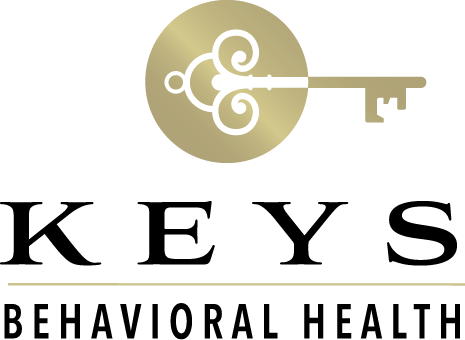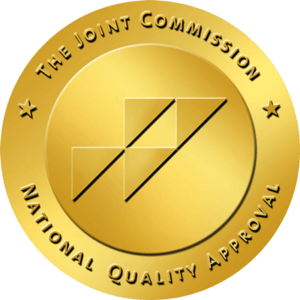Cocaine is a powerful and highly addictive stimulant that has profound effects on both the body and mind. While it’s often associated with a sense of euphoria and heightened energy, the long-term consequences of cocaine use can be devastating. Cocaine addiction not only disrupts the lives of those who use it but also affects their families, friends, and communities. Understanding cocaine addiction, recognizing its signs, and knowing how to seek help are critical steps toward recovery.
Cocaine is derived from the coca plant and has been used for centuries in various forms. In its purest form, cocaine is a white powder that is typically snorted, smoked, or injected. When ingested, cocaine quickly enters the bloodstream and reaches the brain, where it produces an intense but short-lived high. This high is characterized by feelings of euphoria, increased energy, and heightened alertness. However, these effects are fleeting, often leading users to take repeated doses in a short period, which increases the risk of addiction.
Cocaine is not just addictive because of its powerful high; it’s also dangerous because of the severe health risks associated with its use. The short-term effects of cocaine include:
These immediate effects can be dangerous on their own, but the long-term effects of cocaine use are even more concerning. Chronic use can lead to serious health issues, including:
Beyond the physical and mental health risks, cocaine addiction can lead to a host of social and financial problems, including job loss, broken relationships, and legal issues.
Cocaine addiction can develop quickly, often without the user fully realizing it. Some common signs that someone may be struggling with cocaine addiction include:
If you or someone you know is exhibiting these signs, it’s important to seek help as soon as possible. Cocaine addiction is a serious condition that requires professional treatment.
Recovering from cocaine addiction is challenging, but it’s entirely possible with the right support and treatment. The path to recovery typically involves several key steps:
If you or a loved one is struggling with cocaine addiction, it’s important to know that help is available. Recovery may be a long and challenging journey, but it’s one that you don’t have to take alone. At Keys Behavioral Health, we offer comprehensive treatment programs tailored to meet the unique needs of each individual. Our approach includes evidence-based therapies, support groups, and aftercare planning to ensure that you have the tools and support you need to achieve lasting recovery.
Cocaine addiction is a serious and life-threatening condition, but with the right help, recovery is possible. Understanding the dangers of cocaine, recognizing the signs of addiction, and seeking professional treatment are the first steps toward reclaiming your life. If you’re ready to take those steps, Keys Behavioral Health is here to support you every step of the way. Contact us today to learn more about our treatment options and how we can help you on your path to recovery.

